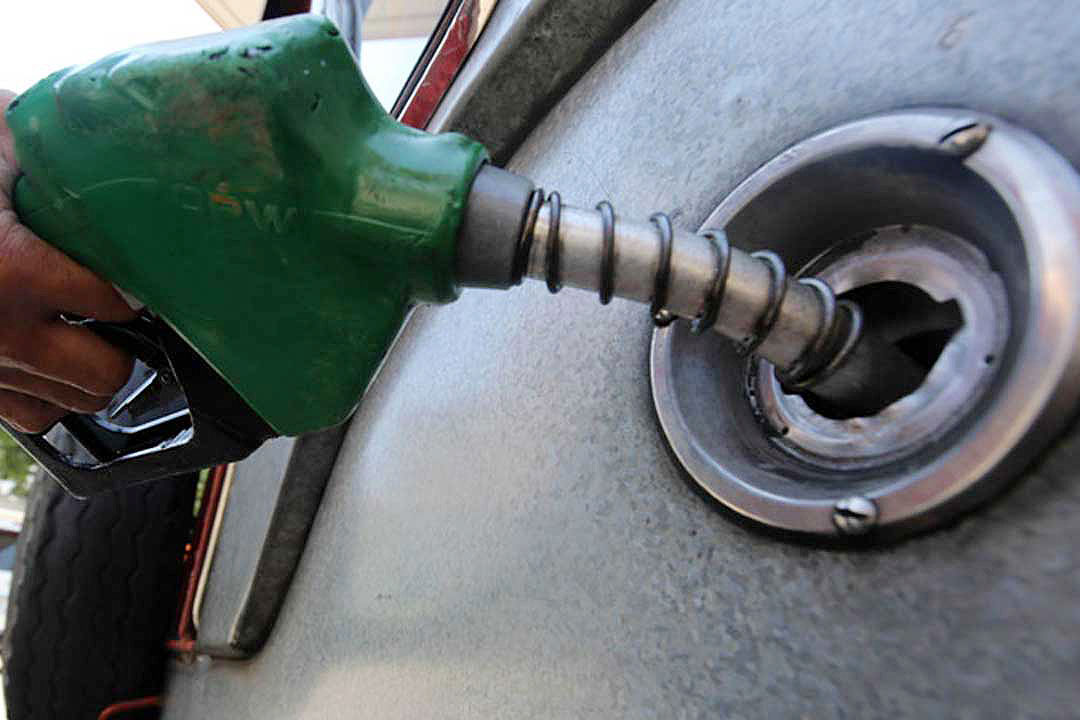Energy dep’t says fuel prices rising on threat of wider war in Middle East

THE latest increase in fuel prices is being driven by the threat of a broader conflict in the Middle East, and by the decline in stockpiles of US commercial crude, the Department of Energy (DoE) said.
“Reasons for increases are the resurgence of uncertainty over further escalation of the conflict in Gaza due to the bombing of a hospital on Oct. 17, the cancellation by Jordan of the summit between Arab leaders and President Biden and Iran’s proposed oil embargo on Israel,” Rodela I. Romero, assistant director of the DoE Oil Industry Management Bureau, said in a Viber message.
On Monday, oil companies announced in separate advisories that pump prices will increase by P0.95 per liter for gasoline, P1.30 per liter for diesel, and P1.25 per liter for kerosene, effective today, Tuesday.
Caltex, Inc. was set to implement price adjustments at 12:01 a.m., followed by Seaoil at 6 a.m. and Clean Fuel at 4:01 p.m.
This week’s price movements end the run of rollbacks for diesel, whose price had retreated for two weeks, as well as for kerosene, which experienced four weeks of price declines.
Oil firms last week slashed prices by P0.95 per liter for diesel and kerosene, while gasoline prices went up by P0.55 per liter.
“These developments could cause any disruptions in supply from the world’s biggest oil producing region,” Ms. Romero said.
During the first half, the Middle East was the source of most of the Philippines’ crude, with 50.2% provided by Saudi Arabia, 26.9% by the United Arab Emirates, and 22.9% by Iraq.
The decline in US commercial crude stocks indicates an increase in demand, while “stronger-than-expected” Chinese economic data also pushed oil prices higher, Ms. Romero said.
“If oil demand is higher than the supply, there is a possibility of an oil price increase, but that impact might change based on weekly developments in the international oil market,” Ms. Romero said, citing the Global Crude Oil Market Short Term Outlook Fundamentals showing a deficit of 0.38 million barrels per day.
Ms. Romero said that the DoE is encouraging oil companies to offer discount programs as a corporate social responsibility (CSR) initiative.
“We requested a copy of the gasoline stations providing those fuel discounts, promos and other freebies and post it to DoE webpage for public consumption,” she said.
Raymond T. Zorilla, senior vice-president for external affairs of Phoenix Petroleum, Inc., said that the market continues to monitor the Middle East.
“While the conflict has not made a drastic impact on fuel supply, the market remains cautious as it monitors the rising tension amidst the uncertainty. Hopefully it doesn’t spill over to other countries that are major oil producers,” he said in a Viber message.
Economists said price pressures will remain as the situation develops.
“The latest increase in pump prices is still considered relatively mild, so far as well as the impact on prices and overall inflation,” Rizal Commercial Banking Corp. Chief Economist Michael L. Ricafort said.
“However, it is important for the war not to spread/widen/escalate in the Middle East, especially some major oil producing countries, to prevent world oil prices from rising further,” he added.
ING Bank N.V. Manila Senior Economist Nicholas Antonio T. Mapa said that the rise in pump prices has caused transport inflation to “flare up again,” which contributed to the acceleration of overall inflation in the last two months.
“With no resolution yet, we could see price pressures on global energy prices to remain for now,” he said in a Viber message.
Headline inflation rose to 6.1% in September from 5.3% in August, the Philippine Statistics Authority reported.
The September consumer price index reflected a slowdown from the 6.9% in September 2022, but was at the high end of the central bank’s 5.3-6.1% forecast for the month.
Year to date, overall inflation averaged 6.6% which is above the central bank’s 5.8% forecast for 2023. — Sheldeen Joy Talavera



